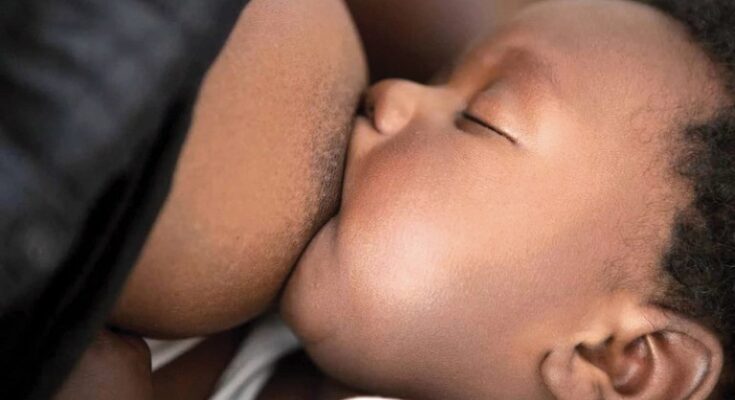The World Health Organization (WHO) and the United Nations Children’s Fund (UNICEF) have called for improved access to skilled counselling to help nursing mothers build their confidence throughout the duration.
The international agencies made the call on Saturday in a joint statement released via its website to commemorate the 2020 World Breastfeeding Week which runs from August 1 to August 7.
The theme of World Breastfeeding Week 2020 is “Support breastfeeding for a healthier planet”.
The health agencies said it is important for governments to protect and promote women’s access to skilled breastfeeding counselling – a critical component of breastfeeding support.
The agencies noted that skilled counselling services can ensure mothers and families receive this support, along with the information, advice, and reassurance they need to nourish their babies in the best way.
“Breastfeeding counselling can help mothers to build confidence while respecting their individual circumstances and choices.
“Counselling can empower women to overcome challenges and prevent feeding and care practices that may interfere with optimal breastfeeding, such as the provision of unnecessary liquids, foods, and breast milk substitutes to infants and young children,” said UNICEF Executive Director Henrietta Fore, and WHO Director-General, Tedros Ghebreyesus, in their joint statement.
Exclusive Breastfeeding
The top officials noted that exclusive breastfeeding could save more lives and generate additional income.
“Indeed, analysis indicates that increasing rates of exclusive breastfeeding could save the lives of 820,000 children every year, generating $302 billion in additional income.”
Exclusive breastfeeding is when a child is only fed with breast milk without water, infant formula, any other liquid or food.
Breast milk contains antibodies and lymphocytes from the mother that helps the baby resist infections.
Health experts say breast milk gives infants a good start to life because it contains all the vitamins and nutrients needed in the first six months of their life.
WHO and UNICEF recommends that infants should be exclusively breastfed for the first six months of life to achieve optimal growth, development and health.
Thereafter, to meet their evolving nutritional requirements, infants should receive nutritionally adequate and safe complementary foods, while continuing to breastfeed for up to two years or beyond.
Exclusive Breastfeeding has an important role in the prevention of different forms of childhood malnutrition, including wasting, stunting, over- and underweight and micronutrient deficiencies.
The Nigerian case
Sadly, despite the whole benefits associated with it, most mothers in Nigeria do not practice exclusive breastfeeding.
The Multiple Indicator Cluster Survey (MICS) 2016/2017 disclosed that Nigeria’s breastfeeding rate remains low overall. Only 23.7 per cent of babies born in the country are breastfed exclusively.
According to the survey, women in Northern Nigeria rank lowest in breastfeeding their babies exclusively, while women in the South-west zone lead in the practice.
The survey also found that 60 per cent of child deaths are attributed directly and indirectly to under-nutrition while two-thirds of the deaths are attributed to improper feeding during the first year of existence.

